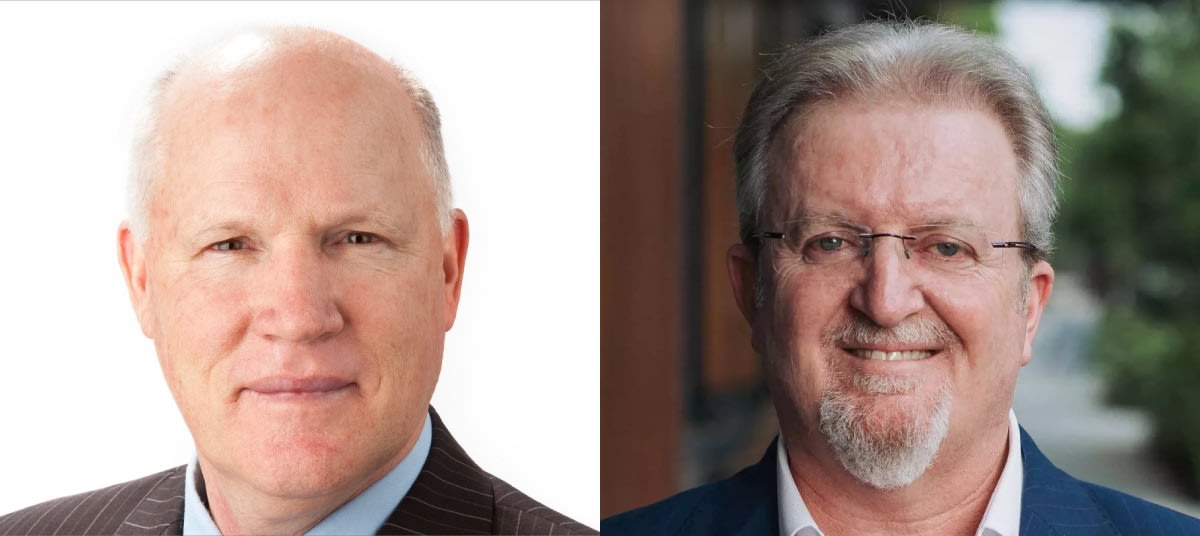
The broker association and the financial planning association have established a new counsel to represent financial services needs in Canberra.
The Finance Brokers Association of Australasia (FBAA) and the Association of Independently Owned Financial Professionals (AIOFP) have established a new Independent Financial Counsel (IFC) to act as a representative for financial and credit adviser issues when engaging with Parliament.
The IFC aims to become the primary source of information for politicians for all things related to financial services – and comes as the Albanese government enters the final year of its four-year term (with a federal election expected by May 2025).
Given the range of issues impacting the financial services space, the two bodies have established the IFC to “work collaboratively to establish a panel of adviser-focused associations to represent all members”.
It is expected that more “like-minded associations” will be invited to join the counsel over the next few months.
The counsel will reportedly meet several times throughout the year, and politicians will be encouraged to seek information and direction from the IFC about any adviser/consumer finance-related issues impacting both the financial advice and mortgage broking sectors.
Speaking to The Adviser about the formation of the IFC, Peter White AM, the managing director of the FBAA, said: “The IFC is part of a lobbying initiative (especially as we seem to [be] heading into an election period) … to support the entire industry and ensure that things connect the right way politically and that we all get the right outcomes that we’re looking for, based on a collective, stronger power and strength of voice.
“We feel that this is going to bring an even stronger position to support the entire industry rather than just separate sectors at one time.”
He continued: “Quite often, matters cross the boundaries from one industry sector to another; one action over there [in financial planning] might impact us over here [in broking]. So there’s an opportunity to leverage the broader financial services sector’s strength when it comes to talking to governments and to be able to cross-support any issues being taken and agreed to by each other.
“That way, whenever we’re having conversations around the whole financial services sector, we’re able to strengthen those conversations.”
This could include conversations about clawbacks, commissions net of offset, the Australian Securities and Investments Commission (ASIC) levy, and other compliance and consumer credit changes.
Mr White added that the two associations were “very conscious of competition issues”. He highlighted that the two parties currently involved in the IFC represent different sectors of the financial services space.
“We both already have good relationships with the government, but the simple reality is that we are stronger together … We have one common mission: to get fair and good outcomes for the financial services industry and ensure a very strong and viable future in everybody’s sector.”
He added that the IFC would also help members grow their businesses by “connecting brokers and financial planners together”.
“It’s a multi-pronged approach to strengthen the voice of financial advisers and brokers to the government and to provide further opportunities for members to grow their businesses,” Mr White told The Adviser.
Challenging the ‘indecisive talkfest of disparate associations that cannot reach a consensus’
The group has said it would also challenge the work of the Joint Associations Working Group (JAWG), which presents 12 associations/groups of different origins (and which the AIOFP has argued has created political confusion in Canberra).
The executive director of the AIOFP, Peter Johnston, said: “Twelve associations/groups of different origins and agendas in one room trying to reach a consensus will always be problematic …
“The adviser community cannot afford to have JAWG representing their interests in Canberra, they are considered politically toothless. Well-informed sources confirm JAWG is currently an indecisive talkfest of disparate associations [that] cannot reach a consensus.”
Mr Johnston further argued that advisers no longer want their association to be indecisive; instead, he said, they want their association to “stand for something” and be prepared to “strongly defend when required to protect their interests”.
He opined that the AIOFP and the FBAA are “the only two adviser-focused associations that have delivered positive legislative outcomes for advisers and consumers”.
“We have successfully challenged the traditionally flawed political convention of associations ‘fence sitting’ by vigorously defending our members without fear or favour and with no need to have ‘alien’ associations involved,” Mr Johnston said.
The AIOFP executive director reflected that the size of the broking industry (“around 18,000 members plus clients”) means that “they are also a considerable political force”.
“Besides for our joint political advocacy success for members, we both see commercial and networking opportunities for our joint membership to benefit from,” Mr Johnston said.
He concluded: “Politicians are always vulnerable leading into the re-election period where they must listen or risk losing their seat and livelihood.
“This is the time politicians will listen; self-interest will always prevail, but we need to be strong, united and strategic.
“This is a once-in-a-three-year opportunity; we must take advantage of it.”
[Related: FBAA flags ‘concern’ with new advice model]

